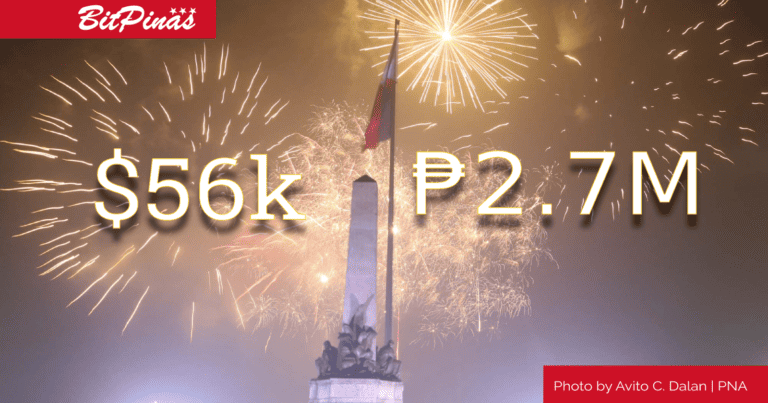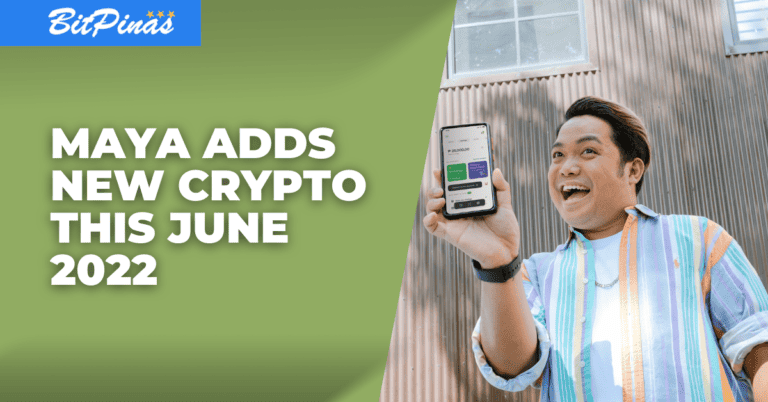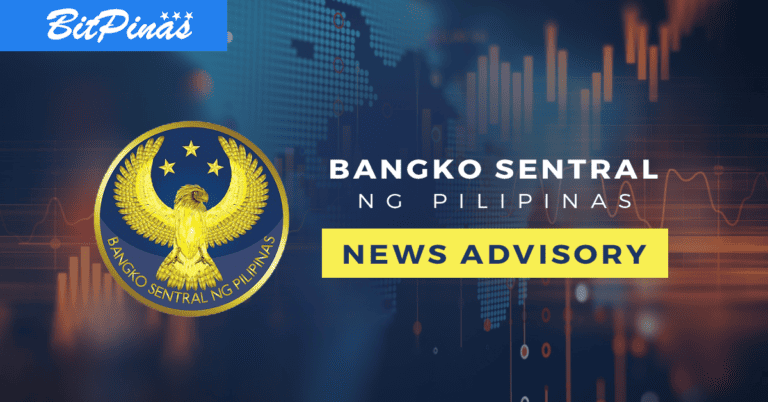Coins.ph Considers Bitcoin Cash, Gets New License from the BSP
With bitcoin transaction fees a bit higher right now, Coins.ph looks on possible ways to decrease such fees. Among them involve BCC and Segwit.

Update: December 11, 2017: This article is originally published on Nov. 16, 2017 when we read a response from Coins.ph CEO Mr. Ron Hose with regards to current high fees of BTC transactions in the Coins.ph network. In the original article which reflected Mr. Hose’s tweet, he said they are considering Bitcoin Cash. A new tweet tonight from Mr. Hose said the following:

The new statement confirmed that Coins.ph is looking for ways to lower transaction fees. It did not confirm if they are still considering Bitcoin Cash or not.
Original Article follows:
A Twitter user is able to get a response from Coins.ph in relation to rising transaction fees in the bitcoin network.
Overview
Ronn Marlowe mentioned on Twitter how a transaction on Coins.ph, and on other systems, right now, is costing a bit higher than before. Below is the screenshot of the supposed transaction:

In the above image, you can see that the user wants to send Php 1,000 to another address.

However, the blockchain fee amounts to more than Php 600 or 60% on top of the money to be sent. It seems the recipient address is also not a Coins.ph account because transferring from one Coins.ph user to another is free.
Coins.ph Response
This prompted a response from Ron Hose, CEO of Coins.ph

Bitcoin Cash is a hard fork of bitcoin that happened in August 2017. It allows faster and cheaper transactions because the block limit is increased. Whereas Bitcoin Cash implemented a block increase, Bitcoin continued with Segwit, a protocol that solves the block size limit by splitting the transaction into 2 segments.
Why is there a high transaction fee?
Every bitcoin transaction happens in the blockchain. This is because the blockchain is like one big ledger that records and confirms everything. Naturally, possibly millions of transactions happen every day. That means every transaction competes with other transactions to be confirmed first.
The transaction fees are raging due to several factors. One is the size of the block in Bitcoin’s blockchain, which is limiting the number of transactions that can go through at any given time. Bitcoin’s network is powered by miners, people and companies who use a tremendous amount of computing power to create new bitcoins. And when there’s too many transactions to process—which currently happens very often—miners will prioritize transactions that pay a higher fee. – Stan Schroeder, Mashable
Coins.ph and the BSP
In other news, Coins.ph recently announced its acquisition of a license from the Bangko Sentral ng Pilipinas as an electronic money issuer (e-money issuer). Coins.ph said in a statement:
The new license allows Coins to accept and hold customer funds, and extend the functionality of its online and offline payment services. The company already has a very active customer base using its existing payments, remittance, air-time, and bill-pay services.
Previously, we know that the Philippine Central Bank is treating bitcoin companies in the Philippines as remittance agents. That means what the BSP is guarding is that moment when the cryptocurrency gets converted to fiat money (Pesos) and gets transferred and held by the customer. The new license is not about cryptocurrency but concerns the Coins.ph platform as a way to store money.
BSP defined e-money as money stored in convenient payment instruments that we can use to buy or pay for goods and services. In this case, the “convenient payment” instrument is the Coins.ph platform, which allows users to pay bills with the money stored in the user’s Coins.ph account.
Most licensed e-money issuers in the Philippines are banks. Notable non-banks include Alipay Philippines, G-Xchange, and PayMaya.
Overall – Coins.ph Bitcoin Cash
This is the first time we’ve heard about Coins.ph supporting Bitcoin Cash. In the past, they mentioned they would not support it. When the Bitcoin Cash fork happened, Coins.ph opted to convert the BCC from the fork into BTC, rather than allowing access and maintaining a new BCC wallet within the Coins.ph platform. With Coins.ph supporting BCC and Satoshi Citadel announcing their support for Ripple, we can look forward to watching the cryptocurrency space grow in the country.
Sources: Business World, Coins.ph




